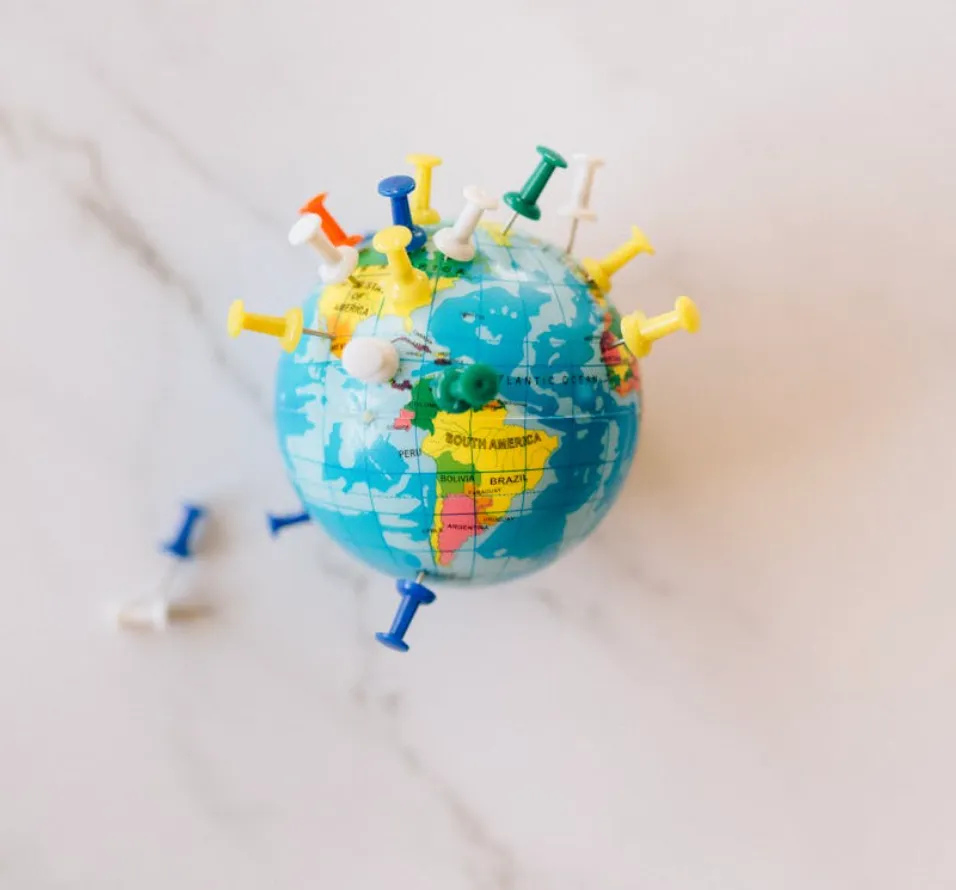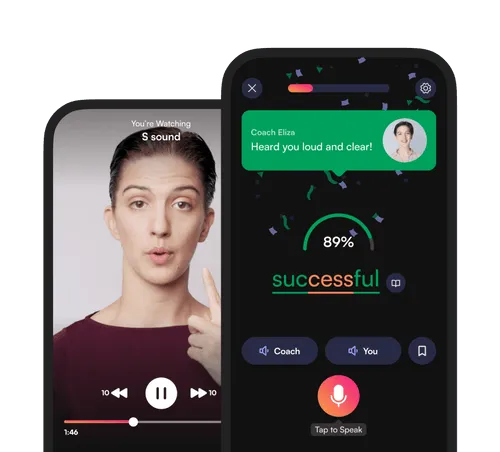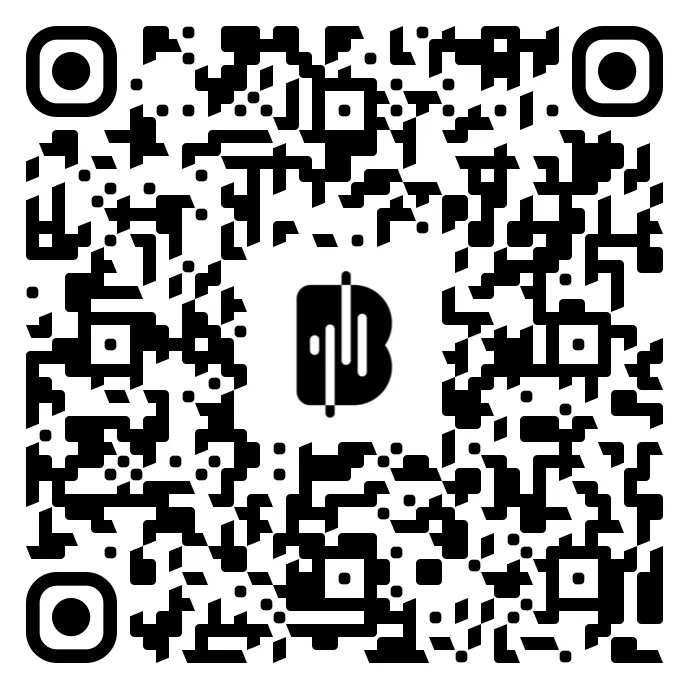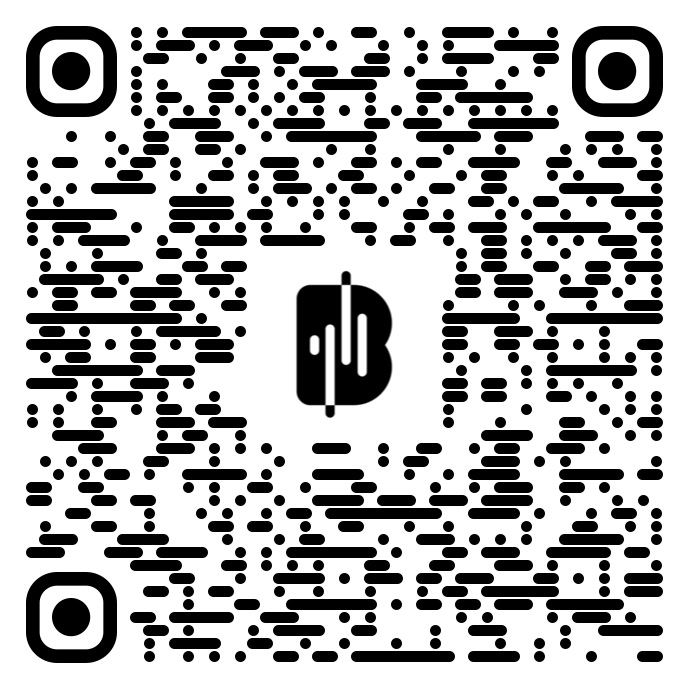Traveling to a new destination, meeting new people, and exploring new cultures can be thrilling and adventurous. However, your ability to communicate impacts how much satisfaction you may derive from your trips.
English - a global lingua franca - is the most spoken language, used officially in over 67 countries and by 1.5 billion people. This places the language in immense importance for facilitating interactions across borders, beyond English-speaking countries, and among speakers of different linguistic backgrounds.
For non-native speakers, equipping yourself with useful travel phrases in English potentially enhances your travel experience and fosters communication as you interact with people from different places. In this article, we have highlighted 35 essential English travel phrases to prepare you for your next trip.
1. Hello/Hi Starting off with the basics, you'll need to be able to swiftly and politely open conversations with strangers in a friendly manner.
These are common, useful English phrases for traveling used to acknowledge someone when you meet them. "Hello" is slightly more formal than "Hi," but both are widely acceptable in various contexts, from starting a casual conversation to interacting with a shop owner.
Hello, I'd like to check in for my flight."
2. Is it okay if I... This phrase is a polite way to seek permission or confirm something you're not sure about. It also demonstrates consideration for others' preferences or rules.
"Is it okay if I take photos inside the museum, or are there restrictions?"
3. Thank you/Thanks Both of these common phrases express gratitude or show appreciation in different contexts.
"Thanks for waiting for me. I thought I would miss the bus!"
Take your free accent assessment Get to know your pronunciation level and get 7 days of lessons for free on the BoldVoice app.
Start Free Trial
4. Excuse me On your trip you may have to navigate crowded streets, apologize, or get a person’s attention at some point. This becomes easier when you know how to say "excuse me."
You can use "excuse me" to get someone's attention, or it can similarly be used to apologize for small actions such as bumping into someone or sneezing.
"Excuse me, could we get the check, please?"
5. What is the baggage allowance? Some common travel phrases are specific to certain contexts. This phrase, for example, refers to the limitations on the size, weight, and number of carry-on items a passenger is permitted to bring onto an airplane.
"Excuse me, what is the baggage allowance? I want to make sure my bag is within the size and weight limits."
6. I'm sorry One of English's most useful phrases in general, this expression conveys regret, sympathy, or an apology for an inconvenience you’ve caused another person.
You can also use this phase to ask for clarification if you didn't hear or understand something someone said.
"I'm sorry, I didn't catch that. Could you please say it again?"
7. Please "Please" is a magic word and one of the useful travel phrases in English that adds a courteous tone to your interactions, especially when you make requests. You might use this word in a variety of contexts, such as asking for directions or requesting help.
"Could you please help me with directions to the nearest train station?"
8. I’d like to... "I'd like to" is a courteous way of expressing a desire for something.
"Yes, I'd like to order the vegetarian option, please."
9. Sorry, I don't understand When communicating in a non-native language, it's natural to encounter some confusion from time to time. With this phrase, you admit that you need clarification regarding the information being presented to you.
"Sorry, I don't understand. Could you please clarify what you're asking?"
10. Do you have any vacancies? "Do you have any vacancies?" is a common phrase in English to inquire about available accommodations, typically in hotels.
"Excuse me, do you have any vacancies for tonight? I'm looking for a room for one person."
11. Can you help me? "Can you help me?" is a polite request for assistance or support. It's a way of asking someone if they are willing and able to provide aid or guidance in a particular situation.
"Hi, can you help me? I'm trying to figure out which bus to take to get to the city center."
12. Help! "Help!" is an urgent plea for assistance or support in a time of need or distress. It's a concise way to communicate that immediate aid is required to resolve a problem or address an emergency.
If you find yourself in an emergency and in need of aid, don't hesitate to ask. Whether you're lost while hiking, you've encountered a threatening situation, or you're experiencing medical troubles, be sure to ask for help.
"Help! I think I've broken my ankle!"
13. I've lost my… Like with "help," this is one of the many useful travel phrases in English that you can use when you need help finding something.
"I've lost my glasses. Do you have a lost and found?"
14. I'm lost Unlike "I've lost my...", the phrase "I'm lost" is used to signify that you yourself are the thing that is lost. This could be used literally, to indicate that you don't know where you're located, or figuratively, to express that you don't understand something intellectually.
"I'm lost. I have no idea what they're talking about anymore."
15. Can you recommend...? This is a polite way to ask for suggestions or advice from someone. You can seek recommendations for places to stay, nice restaurants, or the best spot to view a sunset, for example.
"We're new to the area. Can you recommend any off-the-beaten-path attractions to explore?"
16. Where is...? On a travel trip, "Where is...?" is used when seeking directions or searching for a specific place, object, or person.
"Where is the nearest restroom?"
17. Could you take a photo of me, please? "Could you take a photo of me, please?" is a polite way to ask someone to take your picture as you capture memories. Don't miss out on cherished souvenirs (or quality Instagram shots, for that matter) because you don't know how to ask for a photo!
"Excuse me, could you take a photo of me in front of the lake, please?"
18. What time is it? This is a straightforward inquiry to confirm a schedule or meet a deadline, especially when you perceive that you’re running late.
Alternatively, you can use this to ask someone for the current time at any given moment.
"What time is it tomorrow, our walking tour?"
19. Can I get a taxi, please? This travel phrase is perfect when you're requesting that an establishment assist you in procuring a taxi.
"Can I get a taxi, please? I'd like to head back to my hotel."
20. Nice to meet you This is one of the typical travel expressions in English that follows an introduction and is often used for networking , or simply just being polite.
"I've heard great things about your work. Nice to meet you!"
21. Can you speak slowly, please? When communicating in a language you're not 100% comfortable in, you can use this phrase to ask someone to speak more slowly. This is especially relevant when they are speaking too quickly or in noisy environments.
"I'm sorry. Can you speak slowly, please? I want to make sure I understand the check-out time."
22. What's your name? Like “nice to meet you,” these travel vocabulary words are a straightforward way to initiate introductions. This is an inquiry about a person’s name, most appropriately used when you first encounter someone new.
"Hi there, what's your name? I'm Sarah."
23. I have a reservation under the name of... "I have a reservation under the name of" is a phrase commonly used when someone has made a booking or reservation for a service, such as a table at a restaurant or accommodations in a hostel or hotel.
"Hello, I have a reservation under the name of David Johnson for a compact car for three days."
24. Can I have a receipt, please? To request a receipt for purchases or transactions made during your trip, use this useful travel expression in English.
“Could I have a receipt for this purchase, please?"
The word "receipt" can be a challenge for non-native English speakers to pronounce, thanks to its bizarre spelling. Note that this word is pronounced as /rɪˈsiːt/ - the P is silent and the E-I vowel combination is pronounced as the simple vowel /i/. Despite the spelling, it's not a diphthong !
BoldVoice coach Ron demonstrates this vowel sound below:
VIDEO
25. Do you offer discounts? This is one of the useful travel phrases in English that can help you lower costs and save money when making purchases. For hotel bookings, store purchases, tour packages, and dining, you can inquire about the possibility of any discounts.
This is especially relevant if you're travelling with children, students, or senior citizens, or if you're travelling in a large group.
"Do you offer discounts for seniors?"
26. Is there free Wi-Fi here? Access to Wi-Fi may be crucial on your trips as you use maps or do certain vital research. This phrase is used to confirm whether there is complimentary wireless internet access available in a particular location.
"Excuse me, is there free Wi-Fi available at this café?"
27. I need... Communicating your needs, whether you’re requesting information, assistance, or amenities, allows others to assist you more effectively.
"I need a room for two nights, please."
28. How do I get to...? "How do I get to...?" commonly entails asking for directions to reach a specific location or when you need help locating a neighbourhood or attraction.
"How do I get to the nearest metro station?"
29. Does my seat have...? This is a question about specific features or amenities associated with a seat, especially when traveling by plane, train, or bus.
"Does my seat have a power outlet? I need to charge my laptop during the flight."
30. I would like to drink… The phrase "I would like to drink..." is a polite way to express your desire to have a beverage. It's a versatile phrase you can use in various contexts during a travel trip.
"I would like to drink a cappuccino, please."
31. My room needs... This is one of the useful travel phrases in English that specifically speaks to requirements related to a hotel room during a travel trip.
"My room needs fresh towels."
32. I will be here for... More often than not, you must inform others about the duration of your stay during a trip, whether that's a companion you're meeting up with or a receptionist at your place of accommodation.
"I will be here for three days, checking out on Sunday morning."
33. Are there any rules or restrictions I should know? This is one of the useful travel phrases in English you can use to confirm if there are any specific guidelines, limitations, or regulations in a given situation. For example, before driving off with a rental car, or to inquire about potential dress codes at a cultural site.
"Thank you for the warm welcome! Are there any rules or restrictions I should know about the communal areas?"
34. I missed my stop Sometimes when navigating a foreign city, it is possible that you don't get off at your intended location while using public transportation, such as a bus, train, or subway. In this situation, you might use this handy travel expression.
"I missed my stop because I was reviewing the map. Now I have to get off at the next station and catch a train back."
35. Can I pay by credit card? This is one of the most useful English phrases for travelling, particularly when you do not possess the local currency or simply prefer the convenience of making cashless purchases.
"Do you accept credit cards, or is it cash only? "
Navigate Your Trip with Ease with BoldVoice These everyday, useful travel phrases in English can transform your travel experience and make it more worthwhile. Remember that mastering a new language can be challenging and requires a level of dedication. You can begin by practicing daily and exploring new materials and resources, including apps like BoldVoice .
BoldVoice is an accent training platform and resource bank loaded with resources aimed at tutoring you and tracking your learning process. With a combination of artificial intelligence and real-life lessons from Hollywood coaches, you can learn efficiently at your own pace. Sign up for BoldVoice to enjoy a 7-day free trial and improve your communication skills before your next trip!









